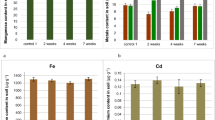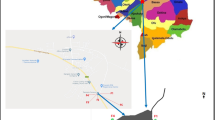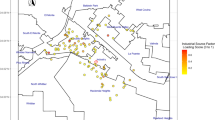Abstract
THE Countess of Warwick and Prof. Meldola are entitled to all praise for their zeal in establishing the School of Science at Bigods, to which reference was made in your issue of October 5. There should, however, be some recognition of the similar work done by others in purely rural districts. At Bruton, a village in Somersetshire, the success of such a school has been quite phenomenal. Sexey's Trade School, as it is called, owes its inception to Mr. Henry Hobhouse, M.P., and was founded a few years ago out of the old endowments of Sexey's Hospital under a scheme of the Charity Commissioners, with aid from the Somerset County Council. Recently I had an opportunity of seeing the school, and could not sufficiently admire the excellence of what is done there. The buildings consist of a master's house, large schoolroom and lecture-rooms, well-equipped physics and chemical laboratories, wood and metal workshops, gymnasium, &c., with about two and a half acres of garden and playground attached. Besides instruction in the ordinary subjects of a higher primary or secondary school, the boys in the upper division (Classes II. to V.) are taught magnetism, electricity, chemistry, mechanics, manual work in cardboard, wood and metal, mensuration, French, botany and bookkeeping, and the instruction in technical subjects is throughout of a practical nature, being given in the garden, field, and workshops, as well as in the class-room. Outdoor lessons are given in land measuring. Visits are occasionally paid to farms in the neighbourhood to inspect the stock, implements, buildings and crops. Botanical walks are taken at intervals in order to study plants in their natural habits, and the boys are encouraged to make collections of botanical and other specimens.
This is a preview of subscription content, access via your institution
Access options
Subscribe to this journal
Receive 51 print issues and online access
$199.00 per year
only $3.90 per issue
Buy this article
- Purchase on SpringerLink
- Instant access to full article PDF
Prices may be subject to local taxes which are calculated during checkout
Similar content being viewed by others
Author information
Authors and Affiliations
Rights and permissions
About this article
Cite this article
MEDD, J. Rural Education. Nature 60, 616 (1899). https://doi.org/10.1038/060616a0
Issue date:
DOI: https://doi.org/10.1038/060616a0



